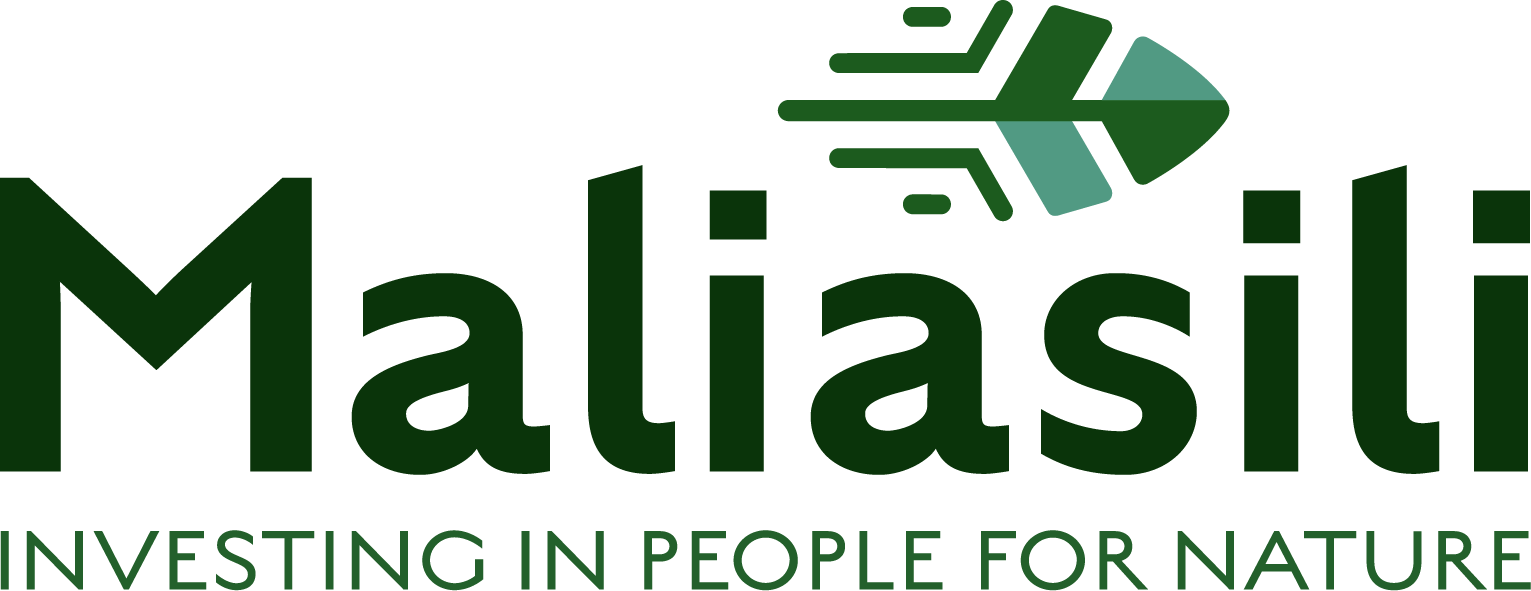Networking made simple: here's how to do it well
Guest Reader by Fred Nelson, CEO of Maliasili
We know networking matters for our work and impact, but for many of us it’s daunting. Successful conservation organizations don’t work alone. They collaborate with others. This requires meeting and connecting with new people, which ultimately is about networking.
The African Protected Areas Congress (APAC) coming up in Kigali next week is an optimal networking event for those in the African conservation space. In this Reader, Maliasili’s CEO, Fred Nelson, provides top tips on how to network successfully at APAC and beyond.
Be authentic.
Relax and be yourself. Useful conversations occur, and relationships develop, out of real human encounters. Don’t take a purely transactional approach to networking. Rather approach it with an open mind to fostering relationships and learning new things.
Be curious.
Approach networking with curiosity and interest in learning about others. This is what effective networking is really all about - finding points of shared interest, connection, new ideas, etc. It is also a chance to learn about other people - what they are interested in, what they do, and how they think. That’s what you are trying to find out when you are engaging with new people. Your conversation may be the first and last time you connect with someone; make the most out of it by being genuinely curious.
Be analytical.
Ultimately, when you are networking, you are looking for shared interests between someone else and yourself. Those shared interests are the basis for doing something together that advances both parties’ work – such as a funding relationship, a field collaboration, staff recruitment, etc. So the practical purpose of every conversation is to answer these questions:
What is this person/organization interested in?
What could we do together to advance both our work and interests?
Be clear.
It’s important to be able to clearly, and sometimes quickly, explain what you and your organization do and are about. Get your messaging together ahead of time and be prepared with good examples. Avoid jargon and embrace clear and simple messages.
Be prepared.
Do your homework. If you can, know who you want to be on the lookout for: what do they do? How can you meet them? Why might your work matter or interest them? Introductions before an event can be key so that you can set up meetings in advance. Ask people in your existing networks to help you make these links. Also, have your business cards or other materials you want to have on hand prepared and organized.
Be prompt.
Quickly follow up with people. If you had a good conversation with a new contact, find ways to reach out: share a document or your contact information after a meeting and try to do this fast while it is still fresh in mind.
Be generous.
Instead of asking what someone can do for you when you are networking, look for opportunities to help others – share a valuable piece of information, make a useful introduction, etc. It doesn’t have to be purely professional – maybe it is helping someone with a piece of local knowledge like a restaurant recommendation or travel advice. Being helpful is a great initial way to make friends, develop relationships, and open doors.
Learn more about intentional and authentic networking (Weaving a Network of Relationships) from this excerpt from The New Reason to Work.

